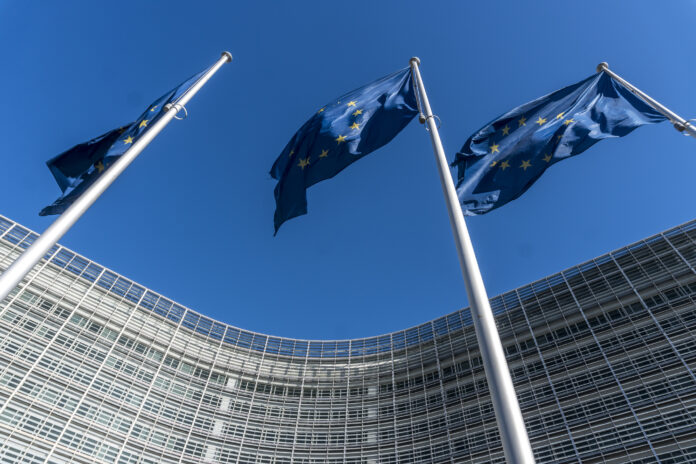The European Financial Reporting Advisory Group (EFRAG) has submitted the first set of draft EU Sustainability Reporting Standards (ESRS) to the European Commission in a “major step” to creating a continent-wide reporting framework.
The European Commission will now consult EU bodies and Member States on the draft standards before adopting the final standards as delegated acts in June 2023, followed by a scrutiny period by the European Parliament and Council.
The reporting requirements will be phased in over time for different kinds of companies.
The first companies will have to apply the standards in financial year 2024 for reports published in 2025.
Listed SMEs are obliged to report from 2026, with a further possibility of voluntary opt-out until 2028, and will be able to report according to separate, proportionate standards that EFRAG will develop next year.
The published set includes 12 standards covering general requirements and disclosures, as well as guidelines on climate change, pollution, water and marine resources, biodiversity and ecosystems, and resources and the circular economy.
The social standards focus on workers in the value chain, affected communities, workforces and end-users, while governance guidance focuses on business conduct.
Kerstin Lopatta, former EFRAG acting SRB Chair, said: “Our goal has been to strike the right balance between a game-changing step forward and a pragmatic implementation and to foster global sustainability reporting progress while taking full account of the feedback received through our public consultation and deliberations.
“We are confident that we will all in due course benefit from this collective effort towards more transparency and accountability,” she said.
The submission has been welcomed by European sustainability policy group Eurosif’s executive director Aleksandra Palinska as a “major step towards establishing a robust sustainability reporting at European level.”
Palinska said policies to make certain disclosures mandatory, including climate, SFDR and climate benchmarks-related information, should be widely welcomed, while efforts to reorganise “the structure to better fit the international standards developed by ISSB” will enhance interoperability.
Institute of Chartered Accountants in England and Wales (ICAEW) head of European policy Susanna Di Feliciantonio said: “Delivered on time despite tight constraints, the finalisation of the first set of ESRS by EFRAG marks a significant moment in the move towards a corporate reporting system that encompasses both financial and sustainability reporting, in line with the ambitions of the Corporate Sustainability Reporting Directive (CSRD).
“Attention will now start to turn to how to ensure the effective and successful operationalisation of the standards across Europe in the coming years,” she added.
© 2022 funds europe





